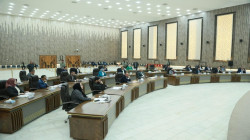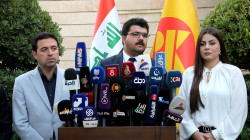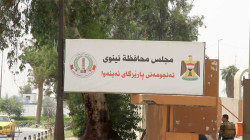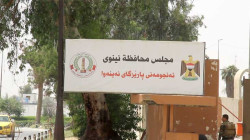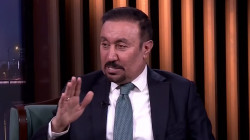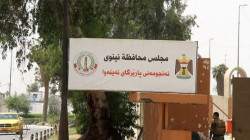Crisis in Nineveh: Deadlock and division jeopardize Provincial Council
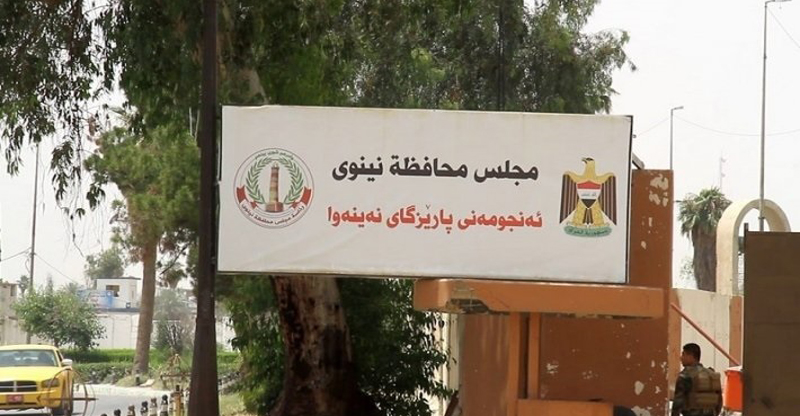
Plunged into a deepening political crisis, the Nineveh Provincial Council is grappling with sharp divisions and escalating conflicts among its members following the dismissal of Chairman Ahmed Al-Hasoud. As key blocs clash over critical governance issues, the council's future hangs in the balance, with growing calls for its dissolution if the deadlock persists.
Political Deadlock
Muhanad Najm Al-Jubouri, head of the United Nineveh Bloc and a member of the Nineveh Provincial Council, told Shafaq News that the council's crises stem from its transformation into a “political council”, and the “subordination” of Future Nineveh Bloc members (aligned with the Coordination Framework) to the will and directives of political forces and leaders inside and outside the province.
United Nineveh leaders have granted their members the authority to make decisions they deem beneficial for the province, he stated, accusing Future Nineveh members of having to consult their leadership in Baghdad and within Nineveh before making any major decisions, which he said was causing dysfunction within the council.
For his part, Ahmed Al-Kiki, head of the Kurdistan Democratic Party (KDP) bloc in the Nineveh council, noted that a key factor behind the council's escalating disputes was the Future Nineveh Bloc’s "betrayal of agreements and the principle of partnership," pointing out that after securing a majority with 16 members, “the bloc unilaterally made decisions, held sessions independently, and voted alone on the dismissal and appointment of administrative unit heads while disregarding the positions of other blocs.”
Turmoil After Chairman’s Dismissal
The dismissal of Nineveh Council Chairman Al-Hasoud has triggered a new crisis within the council. Regarding this issue, Muhanad Najm Al-Jubouri asserted that the move was “legal and valid” after 16 members—constituting the required majority of half plus one—voted in favor of his removal.
Al-Kiki told Shafaq News that due to the council's failure to hold a session this year, the KDP, United Nineveh, and three Future Nineveh defectors convened to dismiss Al-Hasoud, stresseing that the new majority acted solely on the dismissal and later invited the Future Nineveh to rejoin the council. He described Al-Hasoud’s dismissal as "a necessary step to correct the council’s course".
However, on March 9, the Administrative Judiciary Court suspended the decision to remove Al-Hasoud, citing articles 151 and 152 of the Civil Procedure Law No. 83 of 1969. In response, the United Nineveh (comprising Sunni Arab forces) and the KDP boycotted council sessions in protest against Al-Hasoud’s continued tenure despite the council’s vote to dismiss him in a session held on March 5.
Uncertain Future
As crises within the Nineveh Council intensify, public calls for its dissolution are growing, and some political blocs within the council are not ruling out the possibility, especially as a resolution to the disputes remains unclear in the near future.
If political conflicts reach a deadlock, dissolving the council could become inevitable, Al-kiki assumed. However, he expressed hope for potential solutions, including removing Al-Hasoud, and restoring genuine partnership and consensus within the council.
Political analyst Mustafa Al-Obaidi also reckoned that the deepening disputes during this final term of local councils reinforce arguments for dissolving them, as critics view these bodies as unnecessary and prone to political maneuvering and financial corruption.
Regarding a near-term resolution he ruled out this possibility, indicating to Shafaq News, “The upcoming phase will be marked by parliamentary elections, which will further fuel sectarian and ideological divisions.”
